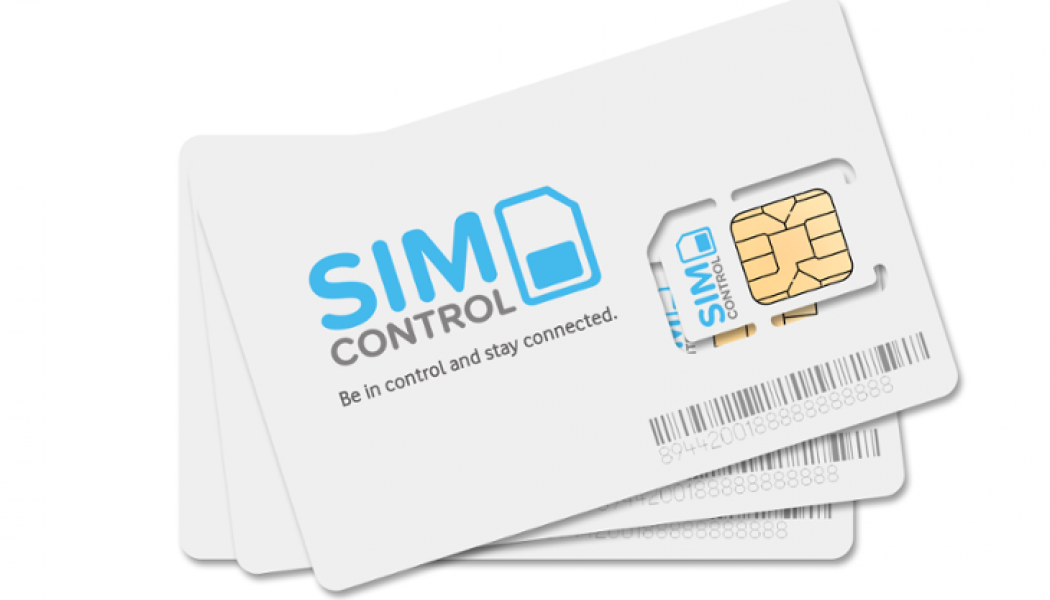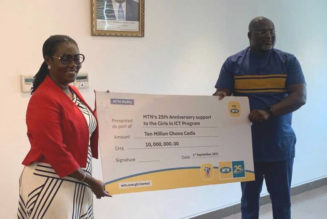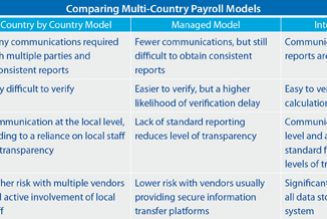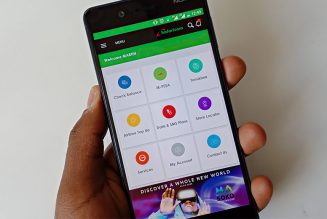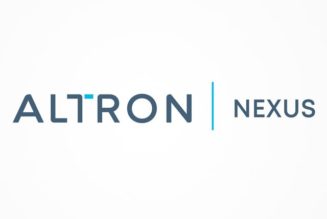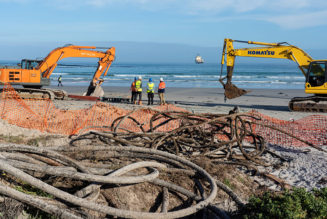The COVID-19 lockdown has forced many schools, colleges and educational institutions to rapidly switch to online learning.
Although there are many advanced online learning platforms available, the one critical factor that still remains is reliable connectivity to online learning platforms. The reality is that only a small percentage of homes in South Africa are covered by uncapped fibre connectivity. This is where mobile data connectivity is the only option.
There has been ongoing lobbying of mobile networks led by various educational organisations such as the National Association of Social Change Entities in Education as well as the DG Murray Trust. The current reality, however, is that learning institutions are forced to provide data connectivity to learners.
Last week, the University of Cape Town announced that it will provide learners with mobile data bundles. Many other institutions have also started loading mobile data bundles on to student devices.
/* custom css */
.tdi_3_3bc.td-a-rec-img{ text-align: left; }.tdi_3_3bc.td-a-rec-img img{ margin: 0 auto 0 0; }
“Over the last few weeks we have helped many education institutions to get thousands of students online,” says Hein Koen, Director of Flickswitch. Institutions use their online SIMcontrol platform to manage the distribution of data top-ups at specified times across all major mobile networks.
“It has really been amazing to see how fast some learning institutions have migrated to a fully online model, sometimes within a couple of days. Thousands of students are getting on with their education which is the most important thing at this stage” he says.
For many institutions, it is not practical to roll out new data SIMs, so their approach is to simply “push” data directly to existing student SIM cards. An example of this includes The South African College of Applied Psychology. Using a wide range of digital technologies, including Moodle and Zoom, they have been able to offer both synchronous and asynchronous learning activities including webinars and discussion forums for their students. The SACAP managed to migrate thousands of students to study from home in less than a week.
Lance Katz, MD of SACAP, says they took the leap and rapidly moved to online learning. “We informed our students that due to the COVID-19 outbreak that they will be learning online and then quickly gathered mobile number information. We then used the SIMcontrol service to collate the data and identify the mobile network students were on. This process took less than a week. Using the platform and support helped us to get going really fast”.
Another organisation that quickly moved to online learning was The Counselling Hub, a low-cost counselling service that supports individuals in facing their life challenges. Director Romi Kaplan says that because The Counselling Hub’s counsellors are volunteers they have to be provided with airtime and so that it does not have any cost to the client.
“With the easy SIMcontrol interface and great support, it was easy to activate our connectivity goals with SIMcontrol.”
Many schools, colleges and other educational institutions are currently being forced to jump into the unknown world of online learning.
“Together with work from home connectivity, helping students to get online has been a major push for us over the last few weeks. We have been amazed at how fast some institutions have managed to get going, with minimal disruption to classes” says Koen.
Access to reliable connectivity seems to be the biggest stumbling block to get online education going on a large scale. Whether mobile networks will launch special education-focused data bundle options – similar to social media or media streaming bundles – at a lower cost is yet to be seen.
Staff writer
/* custom css */
.tdi_4_55d.td-a-rec-img{ text-align: left; }.tdi_4_55d.td-a-rec-img img{ margin: 0 auto 0 0; }
